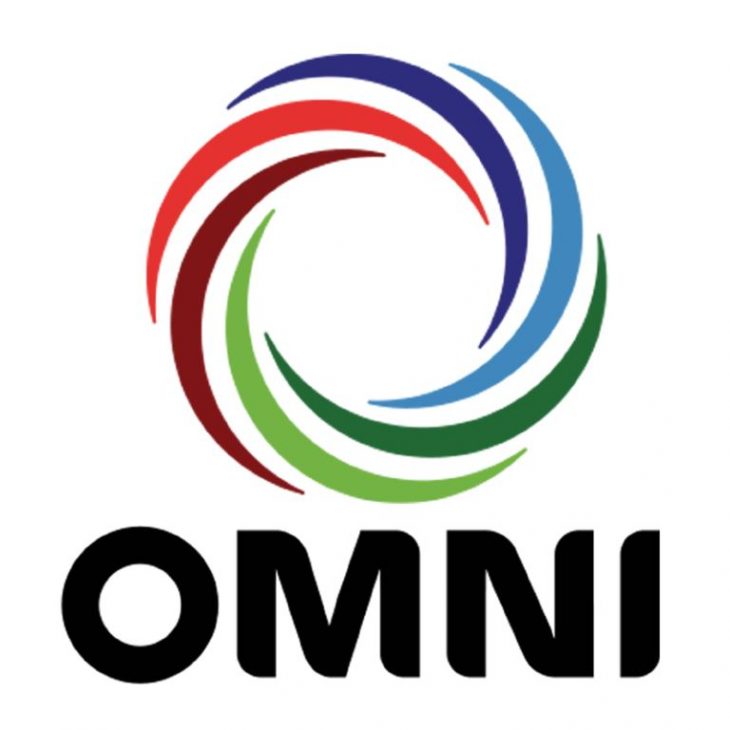
New competitive call and hearing coming
GATINEAU – The CRTC today approved Rogers Media’s request that its OMNI-branded multicultural TV stations be converted to a must-carry, regionalized, specialty service – but only as an interim measure.
OMNI Regional, as of this September, is added to the digital basic service with mandatory carriage, as per section 9(1)(h) of the Broadcasting Act, with a wholesale fee to distributors of $0.12 per subscriber per month. It's license is for three years only.
While making sure OMNI lives on (Rogers executives had all but said during the license renewal hearing they would close the stations without this switch) the Commission also issued a competitive call for applications for a new television service offering national multilingual and multi-ethnic programming including news and information, which Rogers will have to apply for, if it wants OMNI to continue on at that time. If licensed, this service would receive mandatory distribution on the digital basic service starting in 2020, says the CRTC.
In its decision, the CRTC said it recognizes “there is an exceptional and immediate need for Canada’s ethnically diverse communities to have access to multilingual programming, and in particular news and information programming, made from a Canadian perspective, without having to pay for additional services and packages,” reads the Commission’s press release.
So, as an interim measure, “the CRTC approved the licensing and mandatory distribution of OMNI Regional, a multilingual, multi-ethnic service, on all digital basic television packages in Canada. The CRTC is concerned, however, that this service as proposed by Rogers Media will not fully meet the needs of Canadians. For this reason, OMNI Regional is receiving mandatory distribution for a three-year period only,” reads the decision.
Rogers will have a number of programming and other commitments it made during the application and hearing process in which to follow through, such as making sure at least 40% of OMNI Regional’s annual revenues to the production of Canadian programming, that it spend 2.5% of its revenues on programs of national interest (PNI) consisting of Canadian original scripted ethnic and/or third-language dramas and documentaries. Rogers Media would also ensure that 100% of its PNI are sourced from independent producers.
The company also "committed to devote 80% of OMNI Regional’s schedule to the exhibition of ethnic programming and 50% to the exhibition of third-language programming. Further, it would devote 55% of the broadcast day and 50% of the evening broadcast period to the exhibition of Canadian programming, both measured over the broadcast year. Its programming would target 20 distinct ethnic groups in 20 different languages each month, with a programming cap of 16% in any given language measured over each month," reminds the decision.
As well, OMNI promised to:
- produce and exhibit 4 daily, national, 30-minute newscasts, 7 days per week, in the Italian, Mandarin, Cantonese (produced in Toronto with contributions from Vancouver and reporters in Montréal, Ottawa, Edmonton and Victoria) and Punjabi languages (produced in Vancouver with contributions from Toronto and reporters in Victoria, Edmonton, Ottawa and Montréal);
- produce and exhibit six daily, local 30-minute current affairs shows five days per week in the Mandarin, Punjabi and Cantonese languages (produced in Toronto and Vancouver);
- create a national cultural affairs series produced in Alberta designed to showcase important cultural and social contributions from Canada’s ethno‑cultural communities;
- re-establish in-house production in all markets served by OMNI’s television stations; and
- eliminate all U.S. strip programming that is not relevant to ethnic or third‑language communities and ensure that no more than 10% of the programming broadcast on OMNI Regional each month consists of U.S. programming.
The Commission also cautioned that OMNI Regional will not necessarily be renewed after the interim period. An application will have to be submitted in order to be considered in the competitive public process.
Rogers had submitted a request to operate a multilingual, multi-ethnic specialty service as part of its licence renewal application where programming on OMNI Regional will be divided in four feeds, in which OMNI has local stations: British Columbia, Alberta, and Ontario. The fourth feed, distributed in the province of Quebec, will be supplied by local partner ICI Quebec.
As conventional stations, the OMNIs are losing millions of dollars each year. The new subscriber fee should bring in an additional $16 million or so, annually, with which to run the channels.
Some of Canada’s other ethnic broadcasters were unimpressed by Rogers’ application and opposed the plan while demanding a competitive call for other applications, so one would assume would apply for the new license for 2020.



